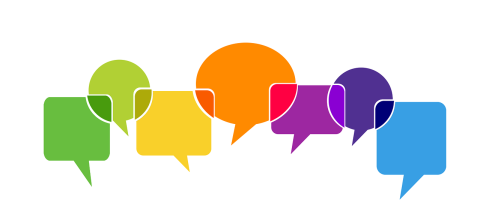Linguistic diversity on Earth is far more profound and fundamental than previously imagined. But it’s also crumbling fast - The Guardian

At the heart of linguistics is a radical premise: all languages are equal. This underlies everything we do at the Endangered Language Alliance, an eccentric extended family of linguists, language activists, polyglots and ordinary people, whose mission is to document endangered languages and support linguistic diversity, especially in the world’s hyperdiverse cities.
Language is a universal and democratic fact cutting across all human societies: no human group is without it, and no language is superior to any other. More than race or religion, language is a window on to the deepest levels of human diversity. The familiar map of the world’s 200 or so nation-states is superficial compared with the little-known map of its 7,000 languages. Some languages may specialise in talking about melancholy, seaweed or atomic structure; some grammars may glory in conjugating verbs while others bristle with syntactic invention. Languages represent thousands of natural experiments: ways of seeing, understanding and living that should form part of any meaningful account of what it is to be human.
Users of Sanskrit, Latin, Greek, Hebrew, Arabic, Persian, Mandarin, English and the like have continually proclaimed their languages holier, more perfect or more adaptive than the unwritten, unstandardised “dialects” they look down on. But from a linguistic point of view, no language as used by a native speaker is in any way inferior, let alone broken. The vast majority have always been oral, with written language a derivative of comparatively recent vintage, confined to tiny elites in a small number of highly centralised societies. Writing is palpably a trained technology of conscious coding, in comparison with the natural and universal human behaviours of speaking and signing.
